An answer to our open letter
Having delivered an open letter in late 2024 signed by over 30 groups and 130 academics demanding an end to all fossil subsidies by 2025, the campaign received a formal response from the European Commission in February 2025. The Commission admitted that only 43% of EU fossil fuel subsidies are scheduled to end by 2025—a commitment the campaign calls both insufficient and incomplete, since many member states lack phase‑out plans.
Fighting for data transparency
In February the campaign sent a request to access the energy subsidy inventory underlying the yearly Study on Energy Subsidies, receiving it. In March the campaign asked through Europe Direct why the Commission is unwilling to release the inventory publicly. When pressed, the Commission refused to answer. In April, the Commission quietly published the inventory.
In May we launched our fossil fuel subsidies dashboard, collecting various data sources on fossil subsidies, with a focus on the European Union.
In May, a Commission spokesperson declared that “there is not specific timing yet [regarding the phase-out of fossil fuel subsidies]” when asked about the timeline.
Meeting the rapporteur of the EESC opinion on the phase-out of fossil fuel subsidies
In June the campaign met with Corina Murafa, expert affiliated with the Centre for the Study of Democracy (CSD), co-founder of the Romanian Energy Poverty Observatory (ORSE) and rapporteur of the own-initiative opinion of the European Economic and Social Committee. The EESC can adopt “own-initiative” opinions, independent of Commission requests. These are not binding.
Meeting the EU Energy Subsidies Team of DG ENER
In June the campaign met with Commission DG ENER’s Energy Subsidy team. The officials were unable to say what the status of the policy file (phase-out roadmap) is. They mentioned that the Commission for the first time has included recommendations on fossil subsidies as part of the European Semester process. Recommendations are not binding to Member States. During the meeting, we were unable to fully understand the significant differences between national fossil fuel subsidy data in nationally reported figures and EU figures (for the Netherlands, for example).
What’s next
We understand that the European Commission is currently not working on the phase-out of fossil fuel subsidies in the European Union, despite its urgency. Since late 2024, we have been attempting to secure a meeting with Commissioner Hoekstra and/or his cabinet to discuss the status of this policy file, to no avail. We will continue to ask for a meeting with the cabinets of Hoekstra, Jørgensen, and Ribera.
We will keep on studying the discrepancies between national data and EU data on national fossil fuel subsidies.


